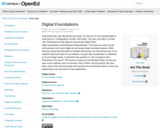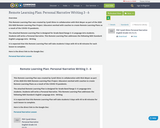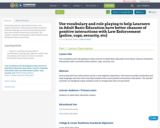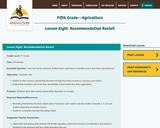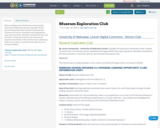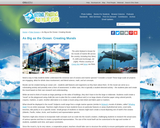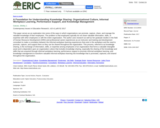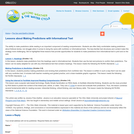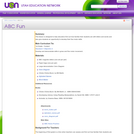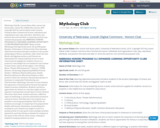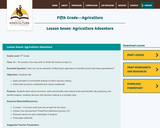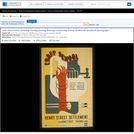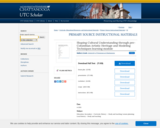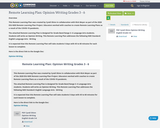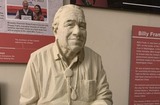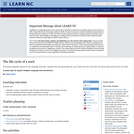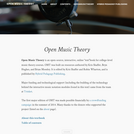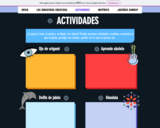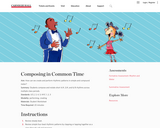Mythology Club
By: Lauren Dubas After school club lesson plans. University of Nebraska-Lincoln, 2019. Copyright 2019 by Lauren Dubas under Creative Commons Non-Commercial License. Individuals and organizations may copy, reproduce, distribute, and perform this work and alter or remix this work for non-commercial purposes only.
NEBRASKA HONORS PROGRAM CLC EXPANDED LEARNING OPPORTUNITY CLUBS INFORMATION SHEET:
Name of Club: Mythology Club
Age/Grade Level: 4th and 5th grade
Number of Attendees: 8-10
Goal of the Club: (learning objectives/outcomes) Introduce students to the ancient mythologies of Greece and Rome, with a brief view into Nordic and Egyptian myths as well.
Resources: (Information for club provided by) Access to basic school and arts supplies for students. Access to a projector is also helpful but not needed for every lesson.
Content Areas: (check all that apply)
☐ Arts (Visual, Music, Theater &Performance)
☐ Literacy
☐ STEM (Science, Technology, Engineering &Math)
☒ Social Studies
☐ Wellness (Physical Education, Health, Nutrition &Character Education)
Outputs or final products: (Does the club have a final product/project to showcase to community?)
Introducing your Club/Activities: Mythology club aims to teach students the importance of learning about the past through the beliefs of ancient civilizations. Students can find an appreciation for history in a way they might not have exposure to during their normal time in school.
General Directions: Each week, students will learn a different aspect of mythology, or practice information learned in a previous lesson. Activities aim to be as hands on as possible to encourage participation
Tips/Tricks: As students are younger, it is important to be prepared but flexible with lessons. Sometimes, if something isn’t working for your students you might to revert to a backup activity. It is also good to have multiple activities planned for each day. Having a schedule for students in the layout of the club (ex: snack, lesson, cleanup) is helpful for keeping students on track.
